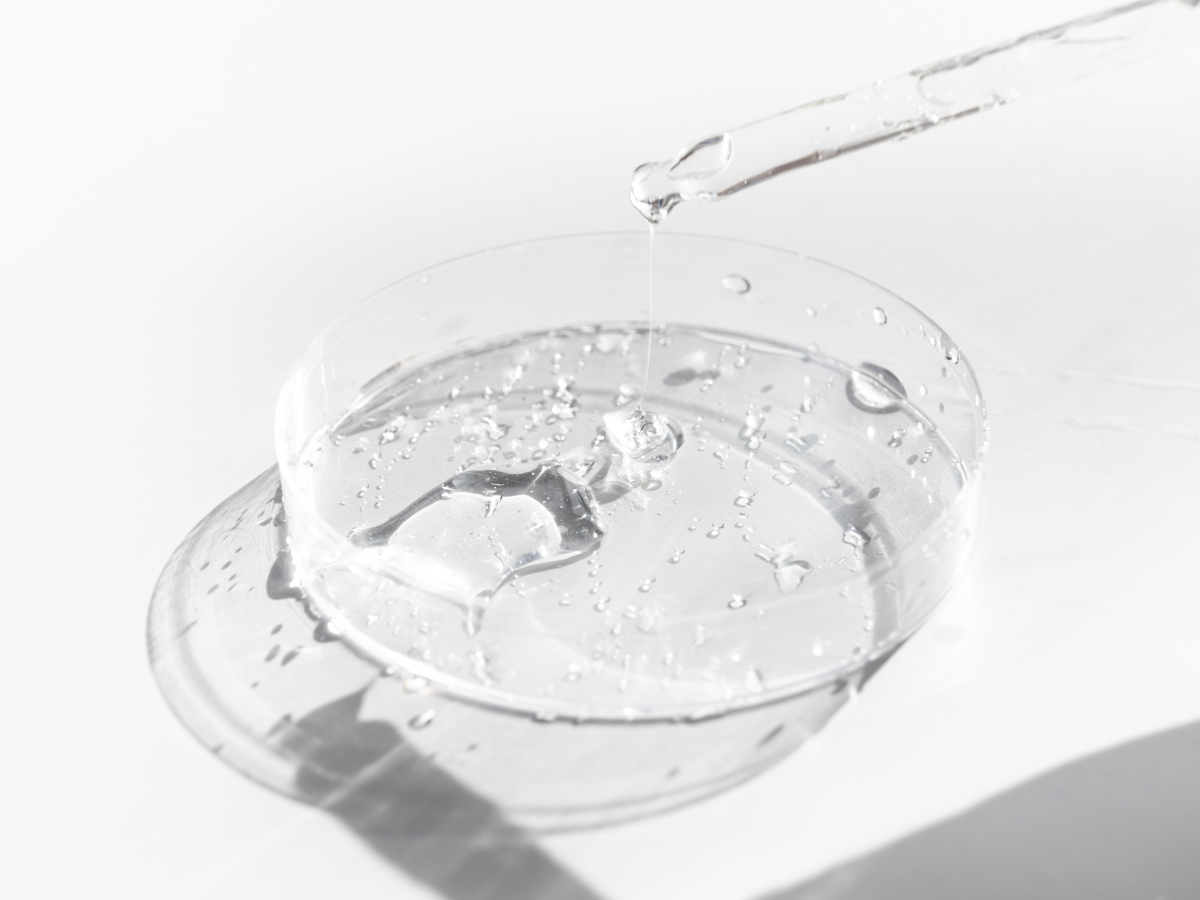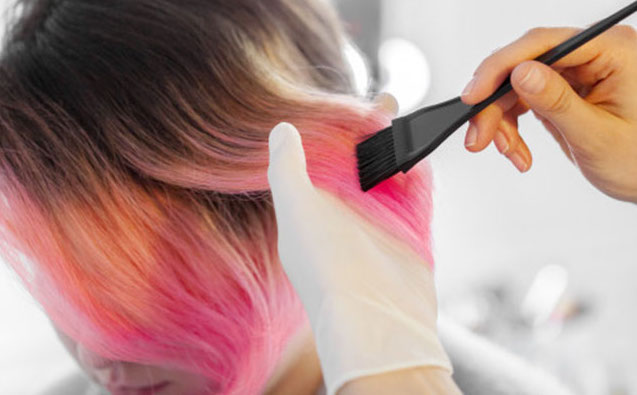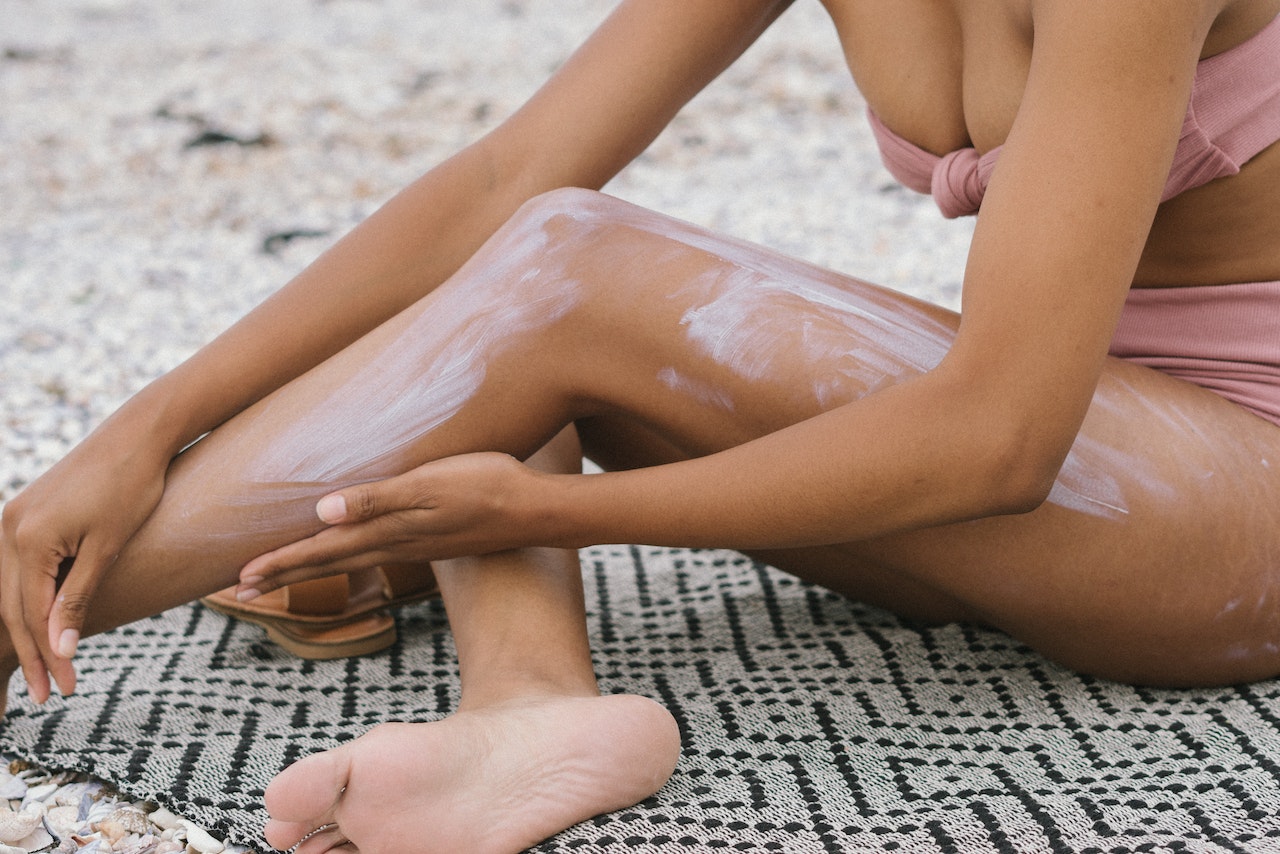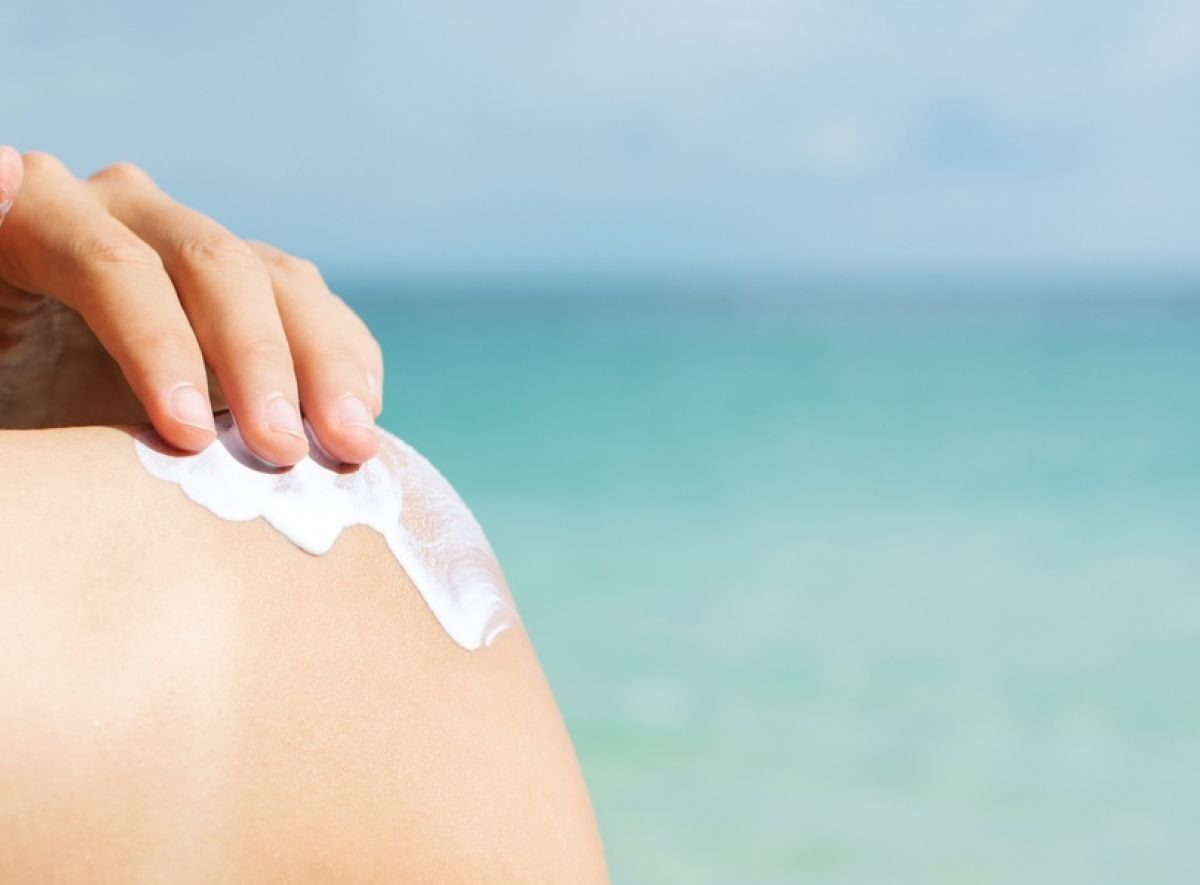CHINA – ONE OF THE WORLD LARGEST PRODUCER OF HEMP
Since 1985, marijuana is classified in China as a dangerous narcotic and the possession of hemp seeds is illegal. Nevertheless, China represents one of the world’s largest producer of hemp (a strain of Cannabis sativa) but most of it has exportation as its final destination. Hemp production is allowed in the provinces of Yunnan, Heilongjiang and Jilin, representing in 2019 about half of the world’s hemp resources (3 regions together), according to the US Foreign Agricultural Service. Chinese hemp is mainly used in cosmetics but also in electronic cigarettes, medicines and animal feed.
PROHIBITION OF CANNABIS-DERIVED INGREDIENTS IN CHINA
On March 26, China’s National Institute for Food and Drug Control (NIFDC) has presented a proposal to ban some cannabis-derived ingredients in cosmetic and personal care products. Cannabis sativa leaf extract Cannabis sativa seed oil, Cannabis sativa fruit and Cannabidiol (CBD) are some of the ingredients proposed to be prohibited. A public consultation was opened and stakeholders could send comments to the NFDC (by email) until April 19 (2021) in order to allow the government to make the appropriate decision.
Last month (May 28th), the National Medical Products Administration (NMPA) released and implemented the finalized Inventory of Prohibited Ingredients for Cosmetics and Inventory of Prohibited Plant (Animal) Ingredients for Cosmetics. 24 new prohibited cosmetic ingredients were added to these inventories. Among them were Cannabidiol and 3 other Cannabis Sativa-derived ingredients, which are now prohibited from being produced and imported in China.
This new legislation is controversial, especially because an ordinance, published in 2015, allowed the use of these cannabis-derived ingredients (CBD from hemp and products containing less than 0.3% THC) in cosmetic products available in the Chinese market.
In one of our previous posts, we have already discussed the increasing importance of cannabis-derived ingredients in cosmetic and personal care products. In the last few years these compounds have been increasingly used in cosmetics, not only in China, but also around the globe. These ingredients have shown beneficial effects on the skin, like hydration and helping on inflammation reduction. The use of skincare and beauty products containing CBD has become a major beauty trend.
The ban of these ingredients will have repercussions at national level, but also at international level. These compounds are highly sought after and allowed in other markets like the European Union (EU). Exports and e-commerce will be strongly affected.
Other countries are approving the use of cannabis ingredients in cosmetics. Thailand is one of those countries. January this year, Thailand officially legalized the use of 9 low-THC cannabis and hemp ingredients in cosmetics. Usage restrictions and labelling requirements were laid down in two business guidelines in order to regulate the use of these ingredients. For example, cosmetics produced domestically may contain the cannabis-based allowed ingredients but cosmetics containing these ingredients can not be imported.
In sum, although China government allows the cultivation of hemp, it criminalizes its possession. The ban of cannabis-derived ingredients in cosmetics will have strong consequences on the beauty market, making exportation and selling online cosmetics containing these compounds prohibited.
References:
- Breaking News! China to Ban CBD and 3 Other Cannabis sativa Derived Ingredients in Cosmetics. Chemlinked. Available from: https://cosmetic.chemlinked.com/news/cosmetic-news/breaking-china-to-ban-cbd-and-other-3-cannabis-sativa-derived-ingredients-in-cosmetics
- CBD will be Banned in China. CosmeticsBridge Asia-Pacific. Available from: https://www.cosmeticsbridge.com/cbd-will-be-banned-in-china/














